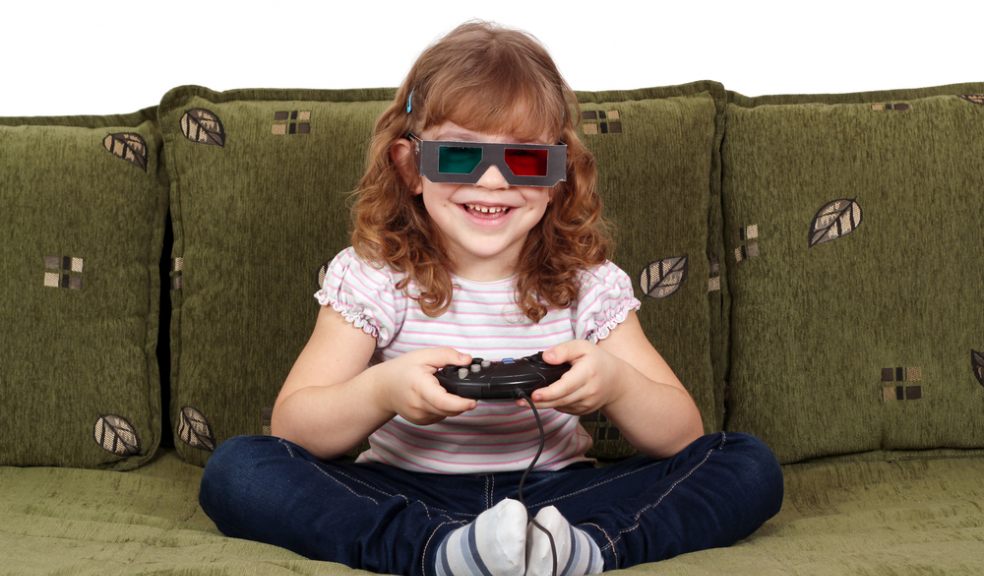
Exeter professor works on game that blurs reality
A University of Exeter professor is on a research team creating videogames which blur the boundaries between real and virtual worlds.
Gabriella Giannachi, The University of Exeter’s Performance and New Media Professor, is part of the Videogames Research Network being led by the University of Lincoln’s Games Research Group.
The Network aims to bring together games developers, performance practitioners and academics to explore new concepts in the design and creation of movement-based games.
An Australian organisation called Arts Queensland is also part of the Videogames Research Network.
The project is being sponsored by the Arts and Humanities Research Council (AHRC), as part of a wider initiative to develop the creative industries and put Britain back at the forefront of creative technology.
Dr Patrick Dickinson, from Lincoln University said: “The concept of performance has already become important in games; for example, Microsoft Kinect, Nintendo Wii and Playstation Move are based on direct physical movement rather than pushing buttons on a controller.
“However, it’s an area of interaction that’s not been fully explored in terms of innovative mechanics in a commercial setting. We want to take a fresh look at from the perspective of performing arts research and practice, and use them to develop new game design ideas. We will also be looking at location-based gaming - games that are situated ‘in the wild’.”
Project performers will participate directly in the game creation process through a series of workshop activities. This will drive development of new performance-led game mechanics, and playful audience interactions, which will inspire new types of experience in contemporary gaming platforms.
Gabriella Giannachi, Professor of Performance and new Media and Director of the Centre for Intermedia at the University of Exeter said: “Performance and Audience in Movement-Based Digital Games is an exciting opportunity to collaborate with colleagues in Computer Science and the commercial sector to look into how we can use practices and theories from performance and new media to create game play mechanics in commercial games.
“The theoretical framework being used is documented in a set of publications, including the MIT book Performing Mixed Reality, written by computer scientist Steve Benford from the University of Nottingham and myself, which documents a series of landmark performances and installations that mix physical and virtual environments, live performance, game mechanics and interactivity.”
Dr Duncan Rowland from the University of Lincoln explained: “The mechanics of video games can now be expressed using naturalistic body movements and behaviours, blurring the boundaries between the real and virtual worlds. We will address this challenge using the perspective of performing arts research and practice, enabling performance practitioners and researchers to engage directly with the game development process. It’s about how concepts of expression through performance could create new and engaging game play mechanics and how the role of audience could create playful interactions and be used to generate competitive and collaborative play.”
There will be three inter-disciplinary workshops in Lincoln and Nottingham in the UK and Brisbane, Australia, where researchers working in games studies, human computer interaction and technical aspects of game development will work with developers and performance researchers/practitioners to prototype new collaborative game ideas.













